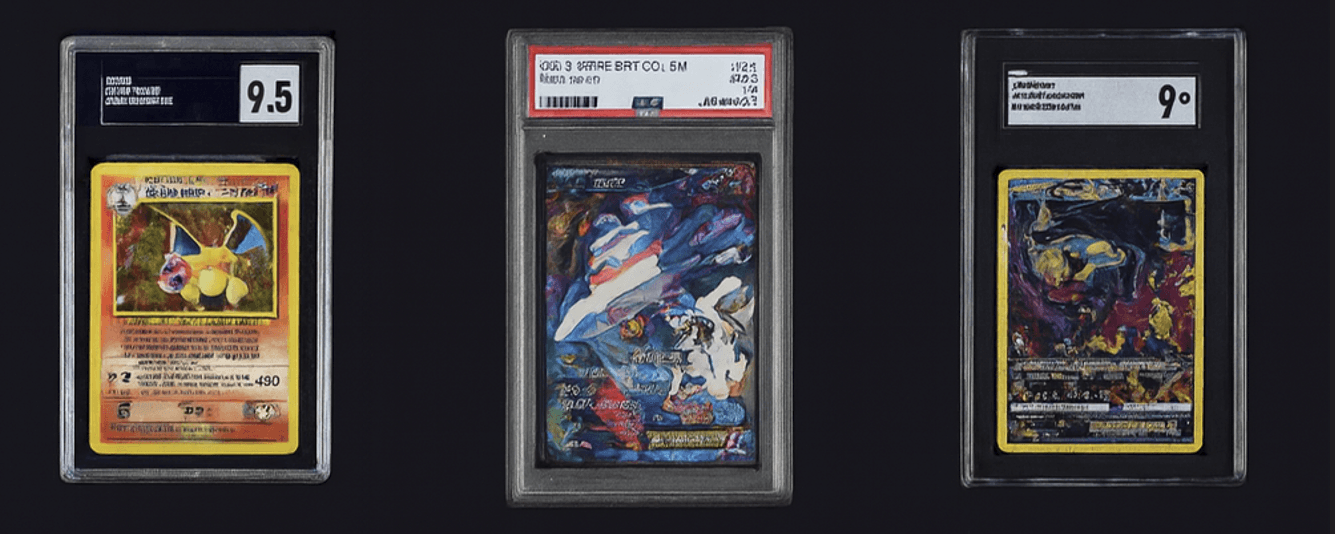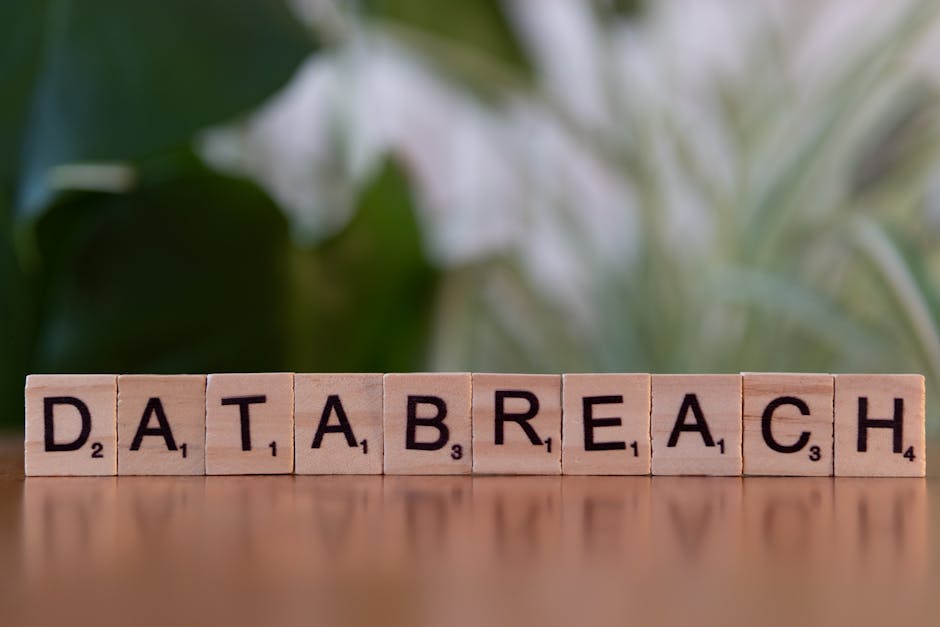
Pokémon trading cards, beloved by enthusiasts and collectors alike, have entered the blockchain era. The tokenization movement is reshaping how fans and investors interact with these cultural assets, introducing blockchain technology to an audience that spans generations.
Why Pokémon Cards Are Going Digital
Historically, Pokémon cards were tangible assets traded in hobby shops or through grading services. However, thanks to blockchain platforms such as Polygon and Solana, these collectibles are now being digitized into NFTs (non-fungible tokens). This innovation eliminates the logistical challenges of shipping, verification, and valuation fluctuations.
Industry experts see this as more than a passing trend. It’s an exciting convergence of cultural nostalgia and cutting-edge blockchain infrastructure that’s attracting both longtime collectors and crypto-savvy investors.
Exponential Growth in Tokenized Collectibles
The tokenized collectibles market is growing rapidly. In August alone, $124 million worth of collectibles were tokenized, marking a 5x increase from January. Platforms like Courtyard.io, which secured $80 million in activity, and Solana-based Collector Crypt, which facilitated $44 million in trades, are leading the charge.
This surge shows that tokenization is no longer limited to traditional assets like bonds, real estate, or gold. Collectibles with a strong emotional and cultural appeal, such as Pokémon cards, are now in high demand in the digital marketplace.
Meet the Leading Platforms Redefining the Market
Collector Crypt: Utilizing Solana blockchain, Collector Crypt has gained prominence for issuing NFTs representing physical Pokémon cards. The platform’s native token, $CARDS, has seen a dramatic 10x valuation increase in just one week, reaching a peak market value of almost $500 million. They also offer engaging gamified experiences like the Gacha Machine, which generated $16 million in revenue within seven days.
Courtyard.io: Operating on the Polygon blockchain, Courtyard.io bridges the gap between physical and digital realms. Each card is safeguarded by Brink’s, a trusted physical security system, and its NFT representation ensures global trading liquidity. Collectors can opt to redeem the physical card after undergoing KYC (know your customer) checks, with minor shipping and handling fees involved. Explore the latest tokenized Pokémon card listings on platforms like Courtyard.io.
What Experts Are Saying
According to Danny Nelson of Bitwise, Pokémon cards offer the perfect testing ground for tokenization. He attributes this to their enormous popularity and nostalgic appeal paired with an existing yet outdated infrastructure for trading physical cards.
Tokenized Pokémon cards are more than just digital assets—they are a redefinition of how collectors preserve and trade cultural valuables in a digital-first economy.
Where to Sell or Trade Your Pokémon Cards
If you’re looking to capitalize on this trend, here are the best ways to sell or trade Pokémon cards:
- Courtyard.io: Trade your cards as NFTs instantly without the hassle of shipping.
- eBay/PSA-eBay Service: Ideal for physical, graded cards with global reach.
- Cardmarket (EU): Europe’s leading platform for trading collectible cards.
- Facebook Marketplace/Groups: Conduct quick, local, and fee-free transactions.
- Auction Houses: For rare and high-value cards, premium platforms like Goldin, PWCC, or live events provide excellent opportunities.
Hybrid strategies can also be effective. For instance, you can list your card’s NFT on OpenSea (Polygon blockchain) while offering its physical redemption for interested buyers.
Final Thoughts
The tokenization boom enables Pokémon card collectors and investors to benefit from instant liquidity and secure trading. As platforms like Courtyard.io and Collector Crypt continue to innovate, the line between physical and digital is blurring. Whether you’re a long-term fan or an investor seeking the next big thing, the intersection of Pokémon cards and blockchain technology is worth exploring.
For serious collectors, consider starting with trusted platforms like Courtyard.io, or explore gamified trading on Collector Crypt. The digital age of Pokémon cards is here, and it’s reshaping the way we treasure and trade our collectibles.





